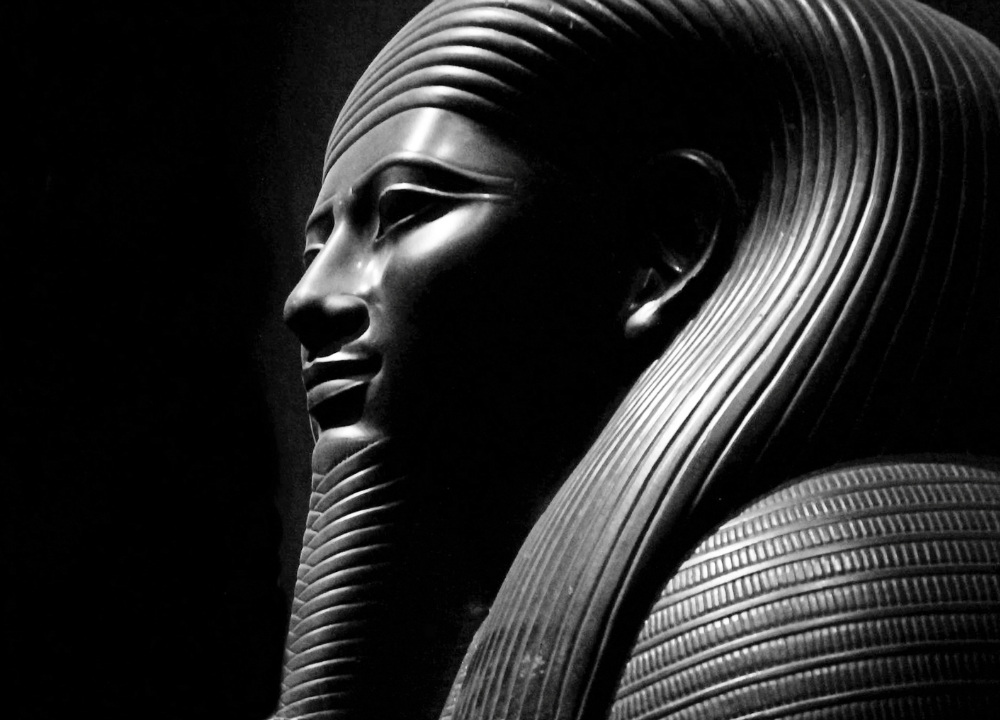Astrology's origins can be traced back thousands of years to ancient civilisations such as Mesopotamia, Egypt, and Greece. The exact origins are somewhat elusive, as astrology developed independently in various cultures around the world. However, one of the earliest known records of astrological practices dates back to ancient Mesopotamia, specifically to the Sumerians around 3000 BCE. They observed celestial movements and correlated them with events on Earth, believing that the positions of celestial bodies held significance for human affairs.
Later, the Babylonians refined and systematized astrology, developing the zodiac and creating astrological texts known as ephemerides, which cataloged the positions of planets and stars. Astrology spread to Egypt, where it was integrated into their religious practices and used for predicting events and determining auspicious times for various activities.
Greek scholars further developed astrology, blending it with philosophical concepts and associating each zodiac sign with specific personality traits and characteristics. The works of figures like Ptolemy and Claudius Galen greatly influenced the development of Western astrology.
From ancient times to the present day, astrology has evolved and adapted, absorbing influences from different cultures and undergoing periods of skepticism and revival. Despite its long and varied history, astrology continues to captivate and intrigue people around the world, offering insights into personality, relationships, and life events through the language of the stars.






